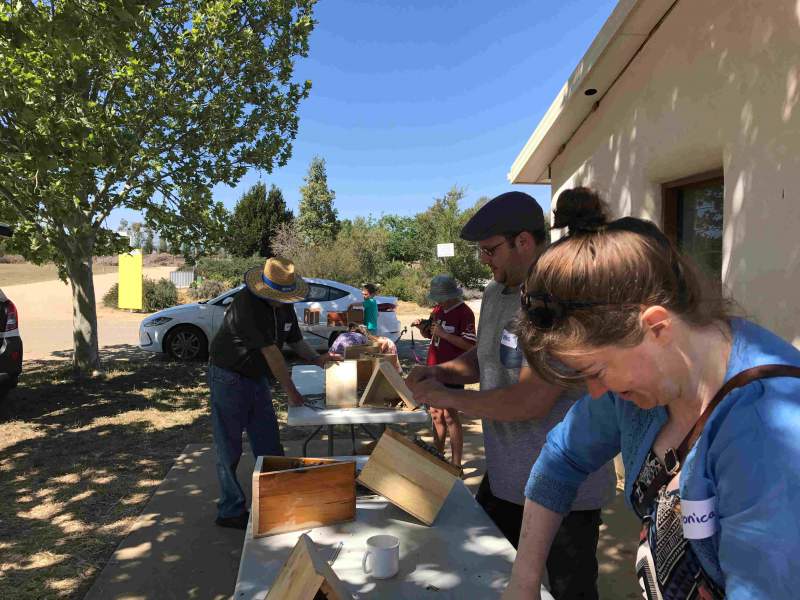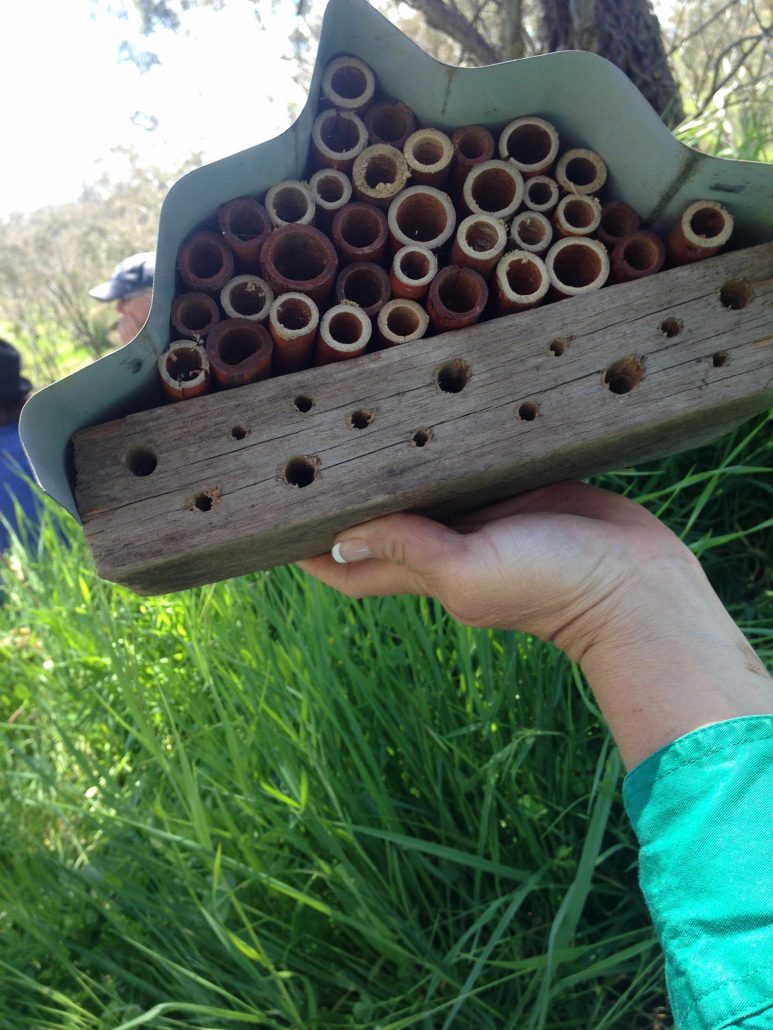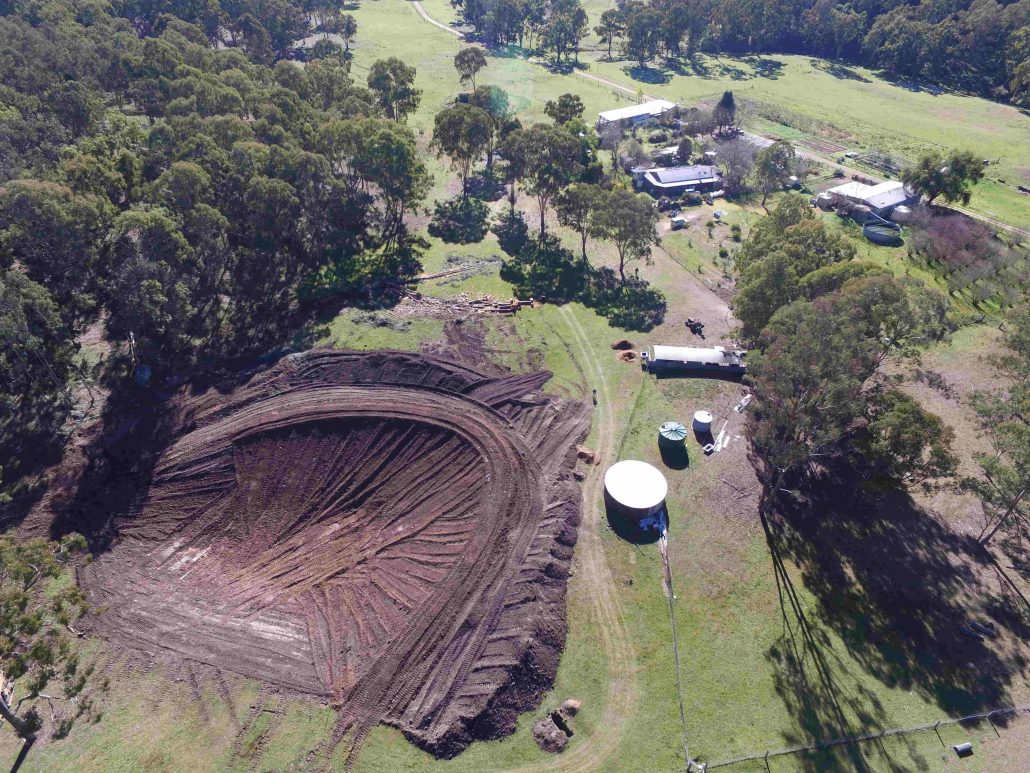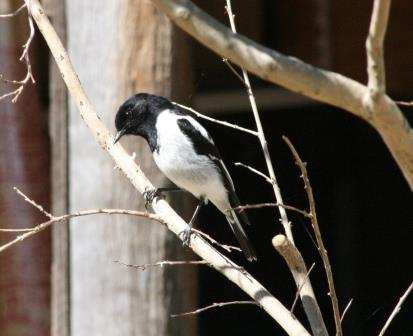Helping frog research
There are over 240 frog species recorded in Australia, many of which are unique to this continent.
But Australian frog numbers are declining and many are endangered.
The Australian Museum has launched the FrogID count, a national citizen science project that aims to count Australia’s frogs and learn more about what is happening to them.
Everyone is encouraged to get involved, discover which frogs live around them and contribute to research which will help scientists learn more about our frogs.
There are two ways you can get involved and find out which frogs live around you.
Grab your smartphone, download the FrogID app, register as a counter, head out in the field and record frog calls.
Once you’ve found some frogs and recorded various croaks, whistles, bleats and barks, match the calls to different frog species.
And if you can’t get out and about you can still contribute from right behind your desk by becoming an Audio DNA expert and validating frog recordings from the field.
By matching frog calls to weather and habitat, the data collected will help herpetologists to build a picture of how different frog species are responding to a changing environment.
The data will also be used to track the Cane Toad and to identify where frogs are thriving and where they are not.
What’s that sound?
Croaks, whistles, bleats and barks – every frog species makes a different sound!
By recording a frog call with our new app, FrogID, you can discover which frogs live around you and help us count Australia’s frogs!
To find out more about Australia’s frogs, or to get involved in the Citizen Science project visit the website: www.frogid.net.au.
Find out what frogs are found in NSW
There are 24 frogs listed as occurring in the region of Central.
Please bear in mind that frogs listed may not be found across the whole region and, in some cases, may only have been recorded on the very edge of the region.






